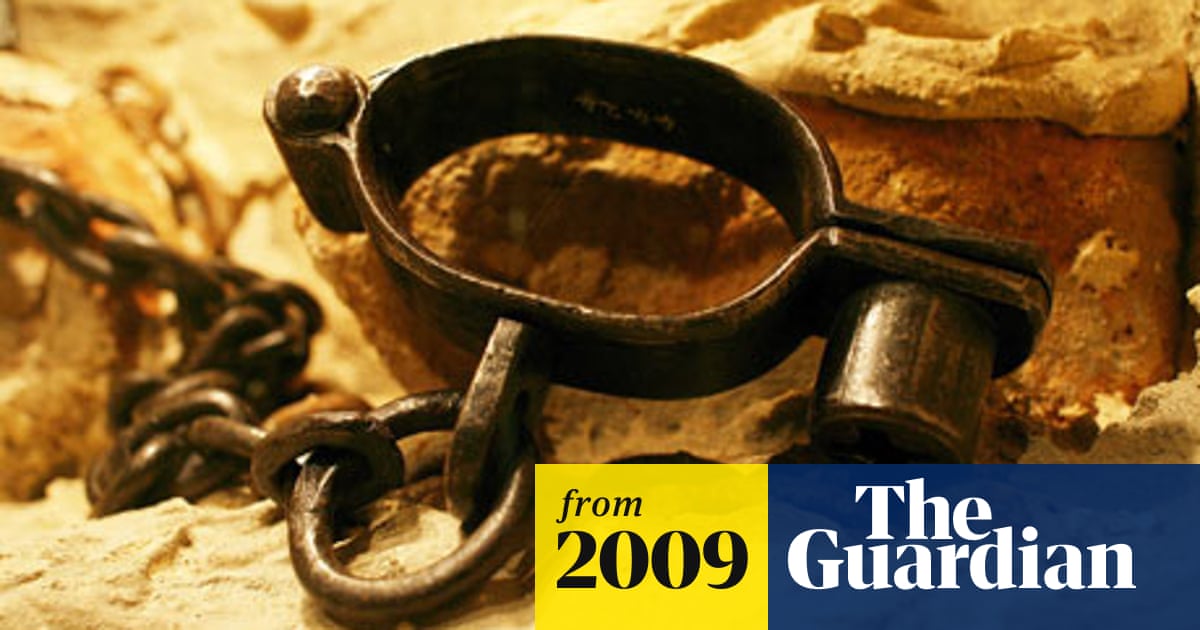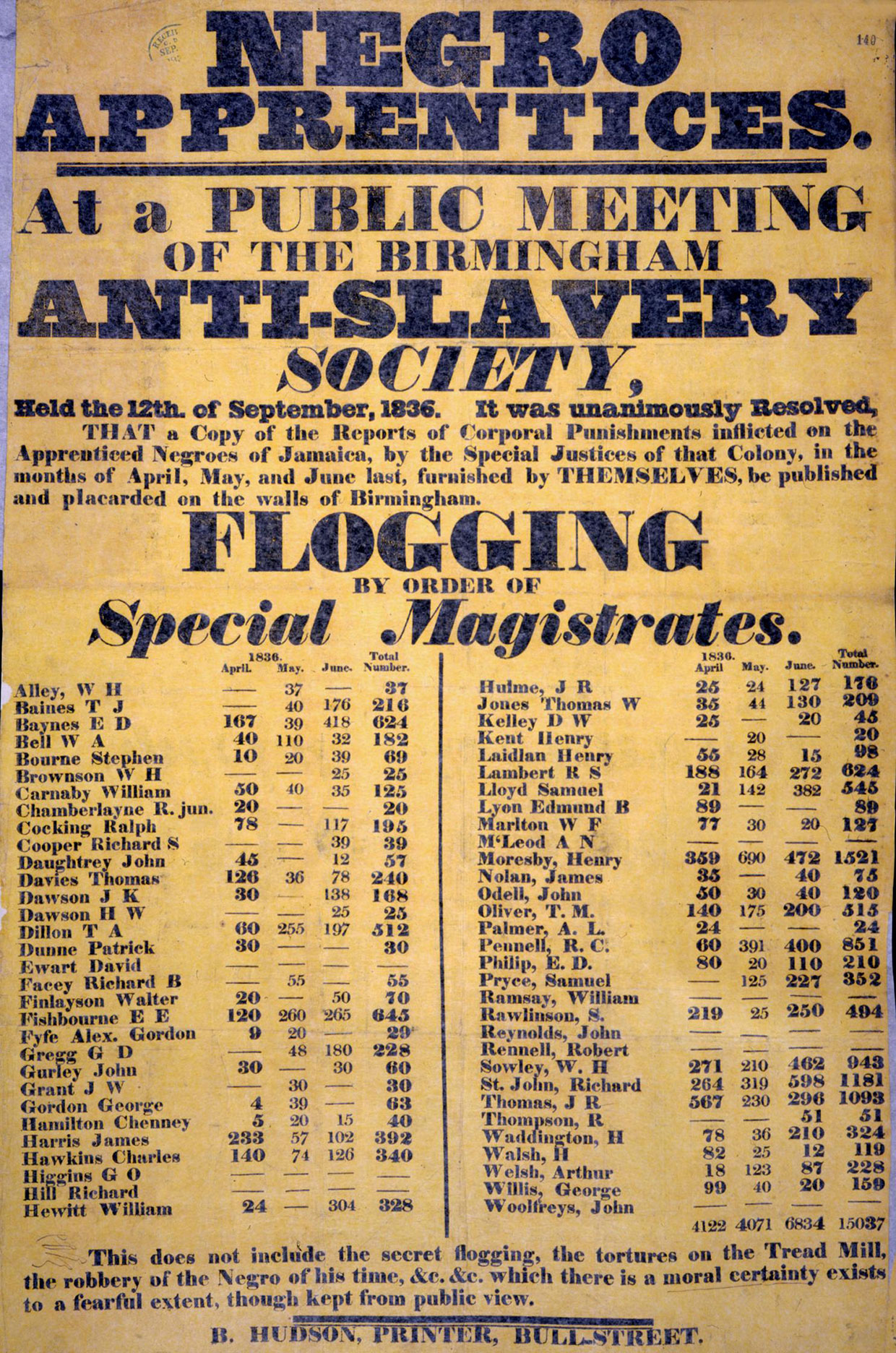Originally posted by MrGongGong
View Post
In the case of BAE there might be a possible balancing act. You might not like defence, and the misuse of weapons which the UK sells to other countries (I don't), but on the other hand a significant part of its activity might really be in aiding civil aviation, and also particularly, keeping the defence of the UK operational. I just don't know the balance.








Comment